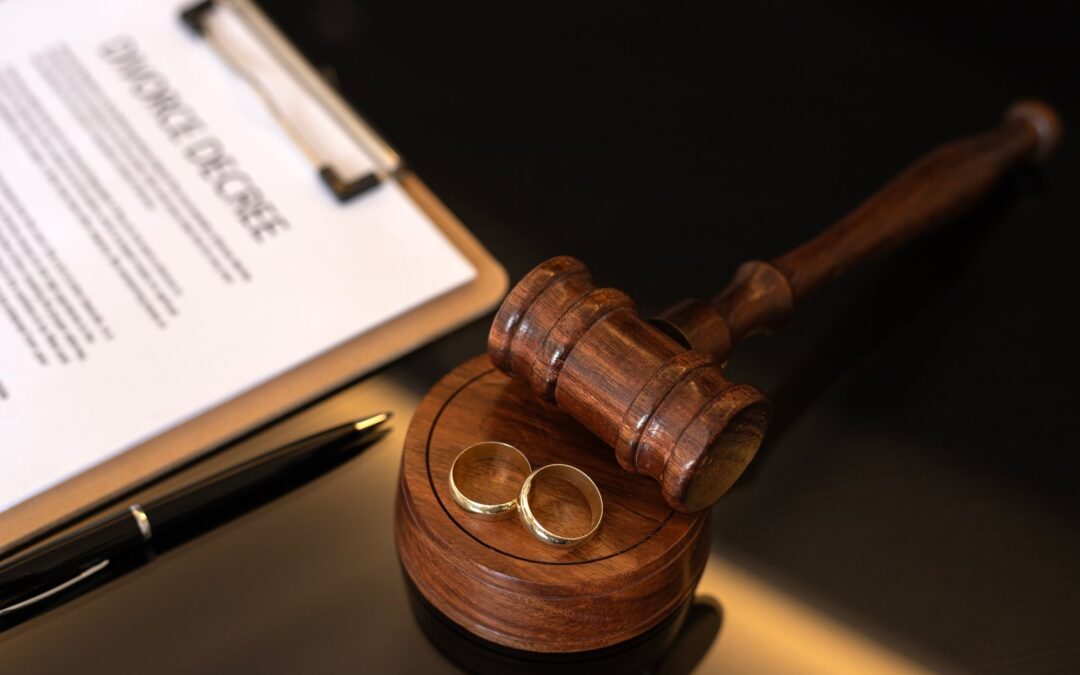The role of the judge in a divorce case is not just to decide who wins. Long before your case goes to trial, the judge will meet regularly with you to oversee how the divorce is progressing, ensure both sides comply with all procedural rules and court orders and encourage you to resolve your issues. This process starts with the preliminary conference and continues with compliance conferences.
As discussed in a prior post, the preliminary conference is usually where you and your spouse meet the judge for the first time so that he or she can determine what matters are in dispute and establish deadlines for addressing these conflicts.
After the preliminary conference, the judge schedules a series of follow-up compliance conferences. Generally, you will be required to appear before the judge every 60-90 days. These meetings function as a check-in with the court so that the court can help unstick issues that are preventing the case from moving along. The parties are expected to report on their progress on settling disputed issues involving spousal support, child custody and support and division of marital property. If you cannot come to an agreement by the time of the conference, the judge may order additional steps be taken. For example, in child custody disputes, the court may appoint an attorney for your child or order a forensic investigation.
It is important to understand that the judge has an obligation to keep the case moving forward toward a final disposition – either settlement or judgment. Typically, the court is looking to complete compliance conferences within 12-18 months of filing of a request for judicial intervention – the document that takes your case from the county clerk’s office to the courtroom. At that point, if there is no resolution, the case will go to trial.
The judge is not on either party’s side. You can, however, effectively alienate a judge by engaging in excessive and unnecessary court filings and delays. Judges have significant discretion in divorce cases and can reasonably decide to limit or deny a party’s motions based on such behavior. Best practice is to try to work with your spouse to limit the issues that must go to the judge and use the compliance conferences to demonstrate that you are acting in good faith to resolve the case if that is possible.
Divorce can be a lengthy process, but the judge can help facilitate a faster resolution particularly if both parties are willing to compromise.
If you are considering divorce, contact us to discuss how we can help you in your matter.

